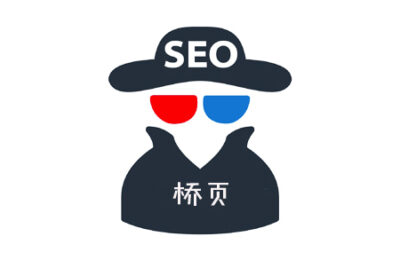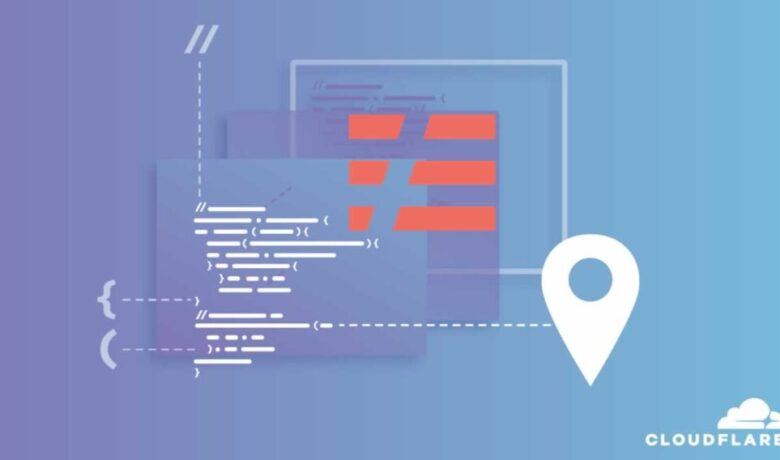
Cloudflare一直是我异常喜欢的厂商,免费的套餐就可以提供不错的服务,只不外现在被玩坏了,海内接见速率大不如前,然则总体来说有照样比没有强。
不外免费版套餐的Cloudflare CDN有个异常致命的瑕玷,就是不能凭证cookie来区分访客,从而针对性提供接见内容(好比不为上岸、谈论过的用户提供缓存)。而且还会把已登录或已谈论用户的信息缓存上去,这点难以接受,也是我甩掉Cloudflare的主要缘故原由之一。
不外在Cloudflare Workers面世后,这个问题就迎刃而解了,我们可以使用Workers来绕过这个限制,自己编写缓存战略。
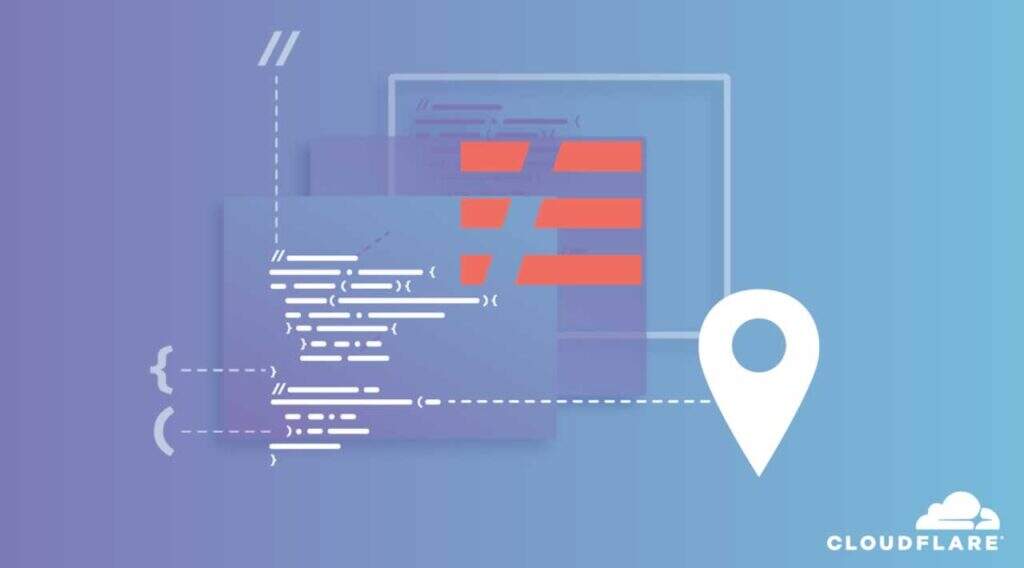
先容
关于Cloudflare Workers的先容可以自行搜索,通过搜索引擎看到本文人或许应该已经有所领会。
我简朴论述一下,本文要讲的内容,就是通过Cloudflare官方曾编写的一款剧本,实现自界说缓存战略。
Edge Cache HTML
Cloudflare官方曾编写的一款WordPress插件,用以搭配edge-cache-html,不外这个项目已经快两年没更新了,应该是以为这个项目会影响到他们付费套餐的出售。
https://github.com/cloudflare/worker-examples/tree/master/examples/edge-cache-html
现在这个剧本直接使用,是无法在WordPress下生效的,而且缺失URL路径规则。我稍作修改,增添了路径清扫和支持在WordPress下是缓存(去除header cache判断)。
前期操作请参考 [WordPress]使用 Cloudflare Workers 来缓存博客的 HTML 网页 ,写的异常详细,只不外这位博主没有没有缓存乐成。
以下是修改后的剧本
// IMPORTANT: Either A Key/Value Namespace must be bound to this worker script
// using the variable name EDGE_CACHE. or the API parameters below should be
// configured. KV is recommended if possible since it can purge just the HTML
// instead of the full cache.
// Default cookie prefixes for bypass
const DEFAULT_BYPASS_COOKIES = [
"wp-",
"wordpress",
"comment_",
"woocommerce_"
];
// URL paths to bypass the cache (each pattern is a regex)
const BYPASS_URL_PATTERNS = [
/\/wp-admin\/.*/,
/\/wp-adminlogin\/.*/
];
/**
* Main worker entry point.
*/
addEventListener("fetch", event => {
const request = event.request;
let upstreamCache = request.headers.get('x-HTML-Edge-Cache');
// Only process requests if KV store is set up and there is no
// HTML edge cache in front of this worker (only the outermost cache
// should handle HTML caching in case there are varying levels of support).
let configured = false;
if (typeof EDGE_CACHE !== 'undefined') {
configured = true;
} else if (CLOUDFLARE_API.email.length && CLOUDFLARE_API.key.length && CLOUDFLARE_API.zone.length) {
configured = true;
}
// Bypass processing of image requests (for everything except Firefox which doesn't use image/*)
const accept = request.headers.get('Accept');
let isImage = false;
if (accept && (accept.indexOf('image/*') !== -1)) {
isImage = true;
}
if (configured && !isImage && upstreamCache === null) {
event.passThroughOnException();
event.respondWith(processRequest(request, event));
}
});
/**
* Process every request coming through to add the edge-cache header,
* watch for purge responses and possibly cache HTML GET requests.
*
* @param {Request} originalRequest - Original request
* @param {Event} event - Original event (for additional async waiting)
*/
async function processRequest(originalRequest, event) {
let cfCacheStatus = null;
const accept = originalRequest.headers.get('Accept');
const isHTML = (accept && accept.indexOf('text/html') >= 0);
let {response, cacheVer, status, bypassCache} = await getCachedResponse(originalRequest);
if (response === null) {
// Clone the request, add the edge-cache header and send it through.
let request = new Request(originalRequest);
request.headers.set('x-HTML-Edge-Cache', 'supports=cache|purgeall|bypass-cookies');
response = await fetch(request);
if (response) {
const options = getResponseOptions(response);
if (options && options.purge) {
await purgeCache(cacheVer, event);
status += ', Purged';
}
bypassCache = bypassCache || shouldBypassEdgeCache(request, response);
if ((!options || options.cache) && isHTML &&
originalRequest.method === 'GET' && response.status === 200 &&
!bypassCache) {
status += await cacheResponse(cacheVer, originalRequest, response, event);
}
}
} else {
// If the origin didn't send the control header we will send the cached response but update
// the cached copy asynchronously (stale-while-revalidate). This commonly happens with
// a server-side disk cache that serves the HTML directly from disk.
cfCacheStatus = 'HIT';
if (originalRequest.method === 'GET' && response.status === 200 && isHTML) {
bypassCache = bypassCache || shouldBypassEdgeCache(originalRequest, response);
if (!bypassCache) {
const options = getResponseOptions(response);
if (!options) {
status += ', Refreshed';
event.waitUntil(updateCache(originalRequest, cacheVer, event));
}
}
}
}
if (response && status !== null && originalRequest.method === 'GET' && response.status === 200 && isHTML) {
response = new Response(response.body, response);
response.headers.set('x-HTML-Edge-Cache-Status', status);
if (cacheVer !== null) {
response.headers.set('x-HTML-Edge-Cache-Version', cacheVer.toString());
}
if (cfCacheStatus) {
response.headers.set('CF-Cache-Status', cfCacheStatus);
}
}
return response;
}
/**
* Determine if the cache should be bypassed for the given request/response pair.
* Specifically, if the request includes a cookie that the response flags for bypass.
* Can be used on cache lookups to determine if the request needs to go to the origin and
* origin responses to determine if they should be written to cache.
* @param {Request} request - Request
* @param {Response} response - Response
* @returns {bool} true if the cache should be bypassed
*/
function shouldBypassEdgeCache(request, response) {
let bypassCache = false;
// Bypass the cache for all requests to a URL that matches any of the URL path bypass patterns
const url = new URL(request.url);
const path = url.pathname + url.search;
if (BYPASS_URL_PATTERNS.length) {
for (let pattern of BYPASS_URL_PATTERNS) {
if (path.match(pattern)) {
bypassCache = true;
break;
}
}
}
if (request && response) {
const options = getResponseOptions(response);
const cookieHeader = request.headers.get('cookie');
let bypassCookies = DEFAULT_BYPASS_COOKIES;
if (options) {
bypassCookies = options.bypassCookies;
}
if (cookieHeader && cookieHeader.length && bypassCookies.length) {
const cookies = cookieHeader.split(';');
for (let cookie of cookies) {
// See if the cookie starts with any of the logged-in user prefixes
for (let prefix of bypassCookies) {
if (cookie.trim().startsWith(prefix)) {
bypassCache = true;
break;
}
}
if (bypassCache) {
break;
}
}
}
}
return bypassCache;
}
const CACHE_HEADERS = ['Cache-Control', 'Expires', 'Pragma'];
/**
* Check for cached HTML GET requests.
*
* @param {Request} request - Original request
*/
async function getCachedResponse(request) {
let response = null;
let cacheVer = null;
let bypassCache = false;
let status = 'Miss';
// Only check for HTML GET requests (saves on reading from KV unnecessarily)
// and not when there are cache-control headers on the request (refresh)
const accept = request.headers.get('Accept');
const cacheControl = request.headers.get('Cache-Control');
let noCache = false;
// if (cacheControl && cacheControl.indexOf('no-cache') !== -1) {
// noCache = true;
// status = 'Bypass for Reload';
// }
if (!noCache && request.method === 'GET' && accept && accept.indexOf('text/html') >= 0) {
// Build the versioned URL for checking the cache
cacheVer = await GetCurrentCacheVersion(cacheVer);
const cacheKeyRequest = GenerateCacheRequest(request, cacheVer);
// See if there is a request match in the cache
try {
let cache = caches.default;
let cachedResponse = await cache.match(cacheKeyRequest);
if (cachedResponse) {
// Copy Response object so that we can edit headers.
cachedResponse = new Response(cachedResponse.body, cachedResponse);
// Check to see if the response needs to be bypassed because of a cookie
bypassCache = shouldBypassEdgeCache(request, cachedResponse);
// Copy the original cache headers back and clean up any control headers
if (bypassCache) {
status = 'Bypass Cookie';
} else {
status = 'Hit';
cachedResponse.headers.delete('Cache-Control');
cachedResponse.headers.delete('x-HTML-Edge-Cache-Status');
for (header of CACHE_HEADERS) {
let value = cachedResponse.headers.get('x-HTML-Edge-Cache-Header-' + header);
if (value) {
cachedResponse.headers.delete('x-HTML-Edge-Cache-Header-' + header);
cachedResponse.headers.set(header, value);
}
}
response = cachedResponse;
}
} else {
status = 'Miss';
}
} catch (err) {
// Send the exception back in the response header for debugging
status = "Cache Read Exception: " + err.message;
}
}
return {response, cacheVer, status, bypassCache};
}
/**
* Asynchronously purge the HTML cache.
* @param {Int} cacheVer - Current cache version (if retrieved)
* @param {Event} event - Original event
*/
async function purgeCache(cacheVer, event) {
if (typeof EDGE_CACHE !== 'undefined') {
// Purge the KV cache by bumping the version number
cacheVer = await GetCurrentCacheVersion(cacheVer);
cacheVer++;
event.waitUntil(EDGE_CACHE.put('html_cache_version', cacheVer.toString()));
} else {
// Purge everything using the API
const url = "https://api.cloudflare.com/client/v4/zones/" + CLOUDFLARE_API.zone + "/purge_cache";
event.waitUntil(fetch(url,{
method: 'POST',
headers: {'X-Auth-Email': CLOUDFLARE_API.email,
'X-Auth-Key': CLOUDFLARE_API.key,
'Content-Type': 'application/json'},
body: JSON.stringify({purge_everything: true})
}));
}
}
/**
* Update the cached copy of the given page
* @param {Request} originalRequest - Original Request
* @param {String} cacheVer - Cache Version
* @param {EVent} event - Original event
*/
async function updateCache(originalRequest, cacheVer, event) {
// Clone the request, add the edge-cache header and send it through.
let request = new Request(originalRequest);
request.headers.set('x-HTML-Edge-Cache', 'supports=cache|purgeall|bypass-cookies');
response = await fetch(request);
if (response) {
status = ': Fetched';
const options = getResponseOptions(response);
if (options && options.purge) {
await purgeCache(cacheVer, event);
}
let bypassCache = shouldBypassEdgeCache(request, response);
if ((!options || options.cache) && !bypassCache) {
await cacheResponse(cacheVer, originalRequest, response, event);
}
}
}
/**
* Cache the returned content (but only if it was a successful GET request)
*
* @param {Int} cacheVer - Current cache version (if already retrieved)
* @param {Request} request - Original Request
* @param {Response} originalResponse - Response to (maybe) cache
* @param {Event} event - Original event
* @returns {bool} true if the response was cached
*/
async function cacheResponse(cacheVer, request, originalResponse, event) {
let status = "";
const accept = request.headers.get('Accept');
if (request.method === 'GET' && originalResponse.status === 200 && accept && accept.indexOf('text/html') >= 0) {
cacheVer = await GetCurrentCacheVersion(cacheVer);
const cacheKeyRequest = GenerateCacheRequest(request, cacheVer);
try {
// Move the cache headers out of the way so the response can actually be cached.
// First clone the response so there is a parallel body stream and then
// create a new response object based on the clone that we can edit.
let cache = caches.default;
let clonedResponse = originalResponse.clone();
let response = new Response(clonedResponse.body, clonedResponse);
for (header of CACHE_HEADERS) {
let value = response.headers.get(header);
if (value) {
response.headers.delete(header);
response.headers.set('x-HTML-Edge-Cache-Header-' + header, value);
}
}
response.headers.delete('Set-Cookie');
response.headers.set('Cache-Control', 'public; max-age=315360000');
event.waitUntil(cache.put(cacheKeyRequest, response));
status = ", Cached";
} catch (err) {
// status = ", Cache Write Exception: " + err.message;
}
}
return status;
}
/******************************************************************************
* Utility Functions
*****************************************************************************/
/**
* Parse the commands from the x-HTML-Edge-Cache response header.
* @param {Response} response - HTTP response from the origin.
* @returns {*} Parsed commands
*/
function getResponseOptions(response) {
let options = null;
let header = response.headers.get('x-HTML-Edge-Cache');
if (header) {
options = {
purge: false,
cache: false,
bypassCookies: []
};
let commands = header.split(',');
for (let command of commands) {
if (command.trim() === 'purgeall') {
options.purge = true;
} else if (command.trim() === 'cache') {
options.cache = true;
} else if (command.trim().startsWith('bypass-cookies')) {
let separator = command.indexOf('=');
if (separator >= 0) {
let cookies = command.substr(separator + 1).split('|');
for (let cookie of cookies) {
cookie = cookie.trim();
if (cookie.length) {
options.bypassCookies.push(cookie);
}
}
}
}
}
}
return options;
}
/**
* Retrieve the current cache version from KV
* @param {Int} cacheVer - Current cache version value if set.
* @returns {Int} The current cache version.
*/
async function GetCurrentCacheVersion(cacheVer) {
if (cacheVer === null) {
if (typeof EDGE_CACHE !== 'undefined') {
cacheVer = await EDGE_CACHE.get('html_cache_version');
if (cacheVer === null) {
// Uninitialized - first time through, initialize KV with a value
// Blocking but should only happen immediately after worker activation.
cacheVer = 0;
await EDGE_CACHE.put('html_cache_version', cacheVer.toString());
} else {
cacheVer = parseInt(cacheVer);
}
} else {
cacheVer = -1;
}
}
return cacheVer;
}
/**
* Generate the versioned Request object to use for cache operations.
* @param {Request} request - Base request
* @param {Int} cacheVer - Current Cache version (must be set)
* @returns {Request} Versioned request object
*/
function GenerateCacheRequest(request, cacheVer) {
let cacheUrl = request.url;
if (cacheUrl.indexOf('?') >= 0) {
cacheUrl += '&';
} else {
cacheUrl += '?';
}
cacheUrl += 'cf_edge_cache_ver=' + cacheVer;
return new Request(cacheUrl);
}
在worker上部署好剧本后,就可以添加域名了,想使用cname接入的Cloudflare,可以参考 针对使用Cloudflare CDN海内网站的速率优化方案 这篇文章。
安装WordPress Page Cache Plugin
异常简朴,在WordPress中上传插件cloudflare-page-cache即可,这个插件没有图形界面,无需任何设置,在每次触发缓存更新战略时会自动更新
。
如何在WordPress网站设置亚马逊广告投放
值得一提的是,现在这个插件有一个瑕玷,触发缓存更新后,所有页面缓存都市失效,不外后面有NGINX Cache顶着,到也影响不大。
从能用到好用-快速搭建高性能WordPress指南
Cloudflare Page Rule设置
需要阻止Cloudflare Page Rule缓存,直接如图设置即可,让Cloudflare Page Rule缓存所有的话,会把用户信息缓存上去,现在所有的规则交给Edge Cache HTML就可以了。
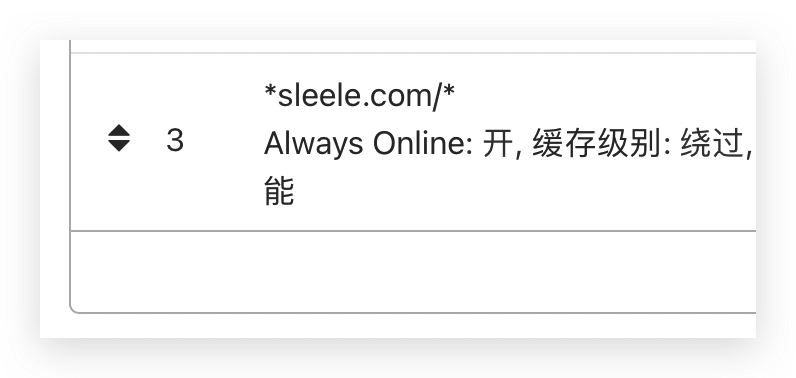
一件部署插件
若是上述操作对于你来说照样太难了,这里另有一件部署插件Edge Cache HTML via Cloudflare Workers。
我对Edge Cache HTML via Cloudflare Workers这款插件稍作修改,添加了我修改的剧本(edge-cache-html-cloudflare-workers下载),使之能够正常缓存。
填写
和
,然后保留、安装即可。
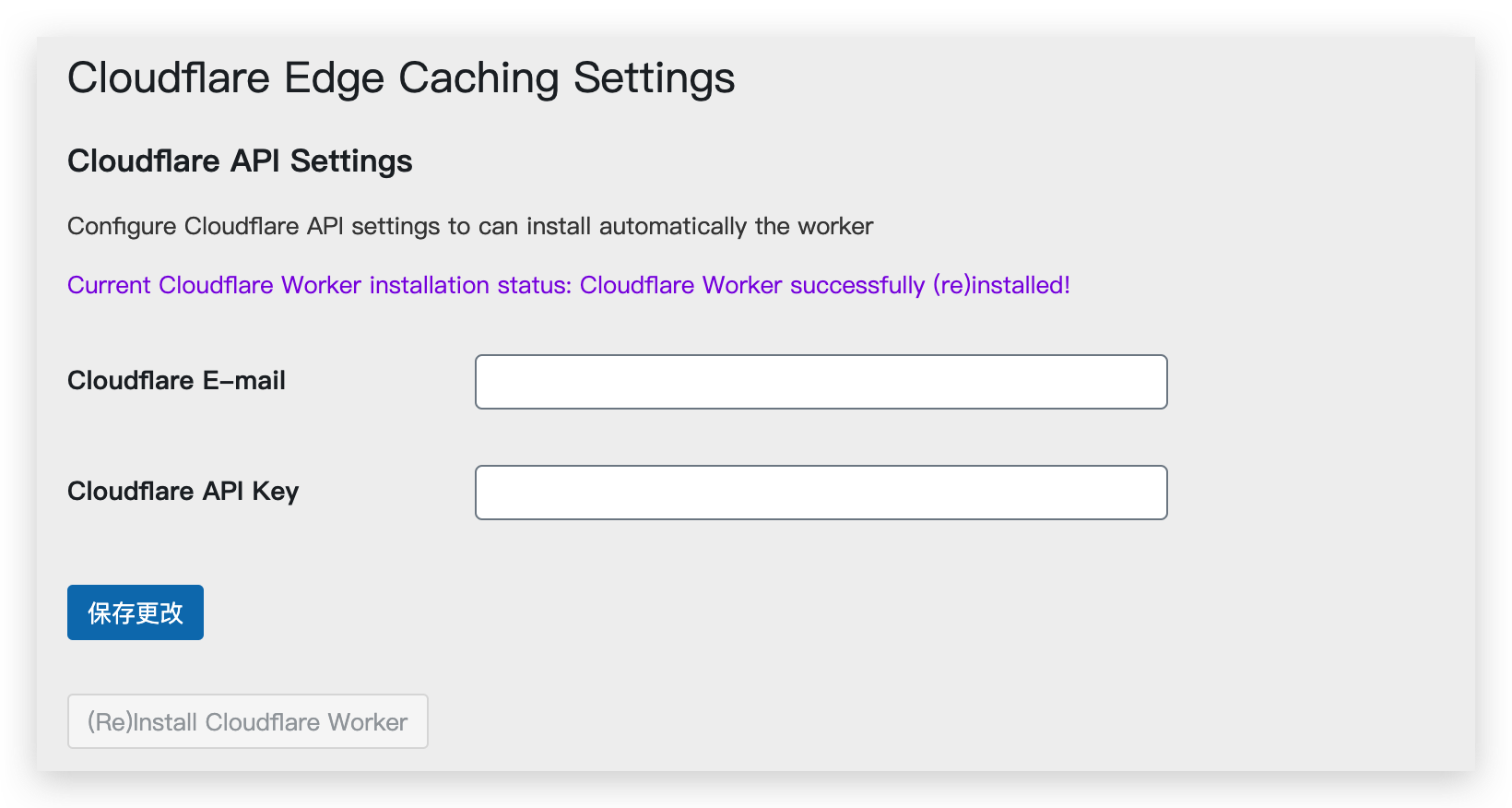
之后添加router,和Workers KV就可以使用了。
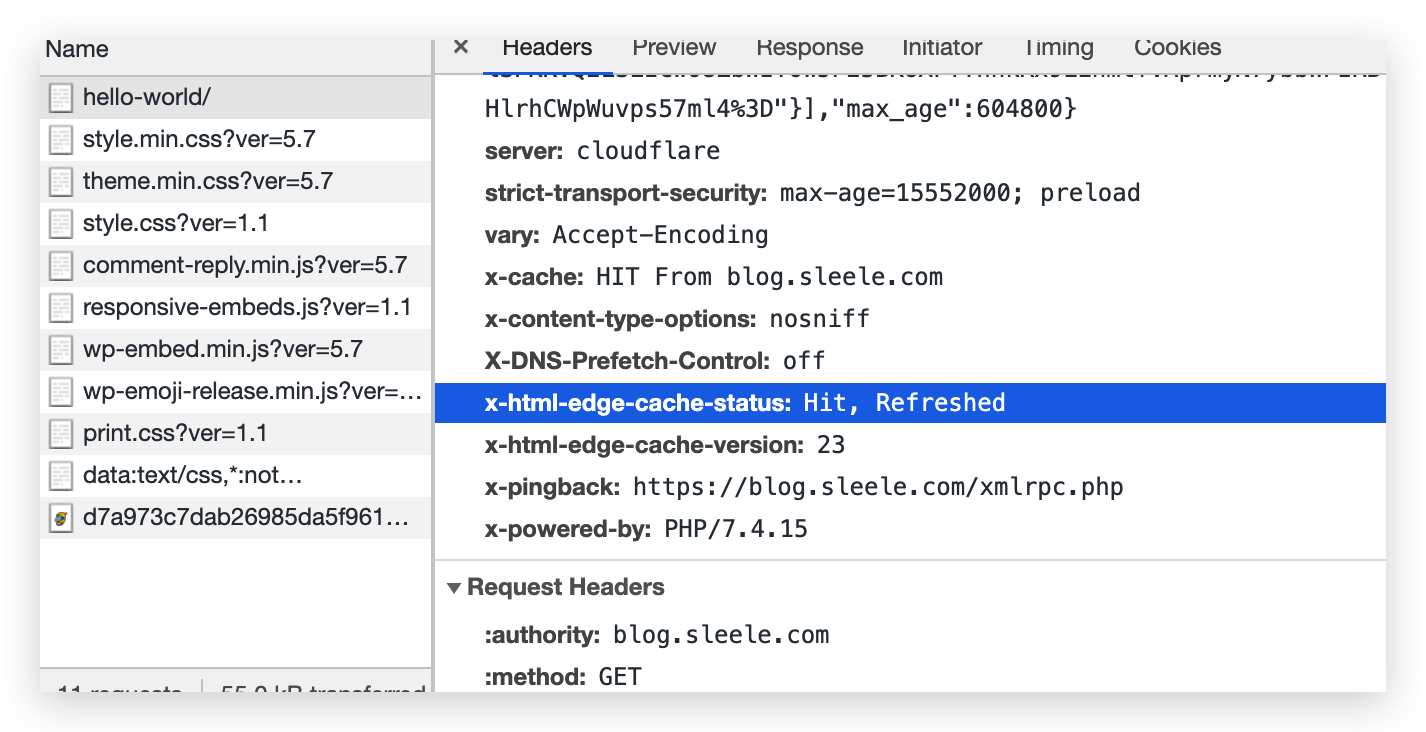
后记
我现在已经转移到海内服务器了,用不上了。现实上,若是缓存上了,效果照样相当显著的,我那时的TTFB也许是160ms。若是你的服务器不在海内,相当建议你使用Cloudflare Edge Cache HTML 缓存你的网站。
via 《sleele的博客》,稍有改动。
参考文章
- [WordPress]使用 Cloudflare Workers 来缓存博客的 HTML 网页
- cloudflare worker-examples Edge Cache HTML
- Fake and free Bypass-on-Cookie, with CloudFlare edge cache workers for WordPress
- Cloudflare WordPress Edge Caching via Workers
如何更新升级WordPress至最新版本




